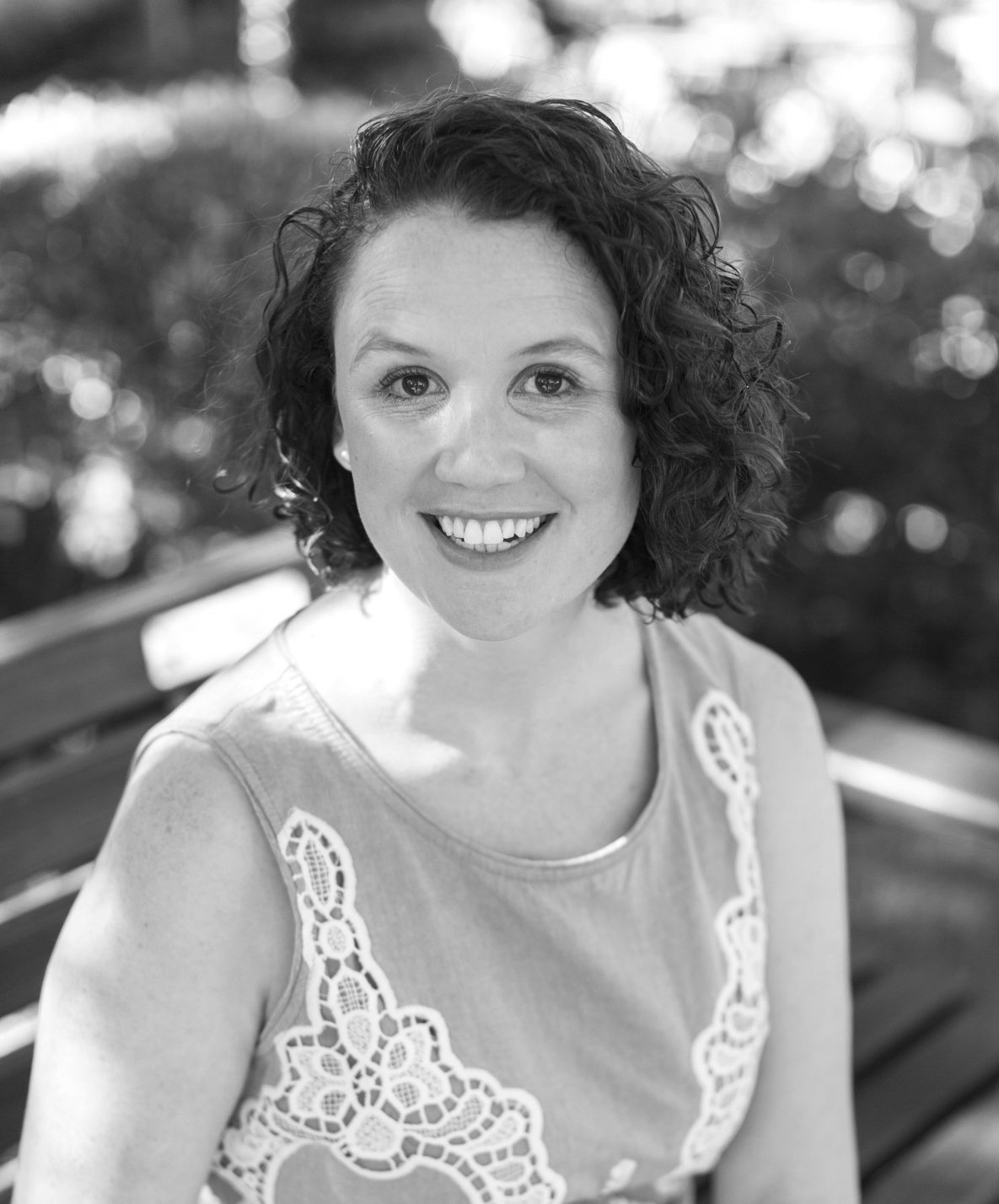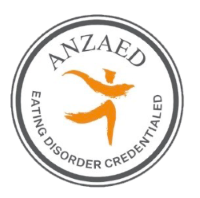Robyn has worked in both the public and private sectors, and is experienced in the assessment and treatment of a wide variety of emotional and behavioural concerns.
These usually include depression, anxiety, relationship and family difficulties, trauma, grief and stress. Robyn also has experiencing in supporting parents of children with early developmental struggles (e.g. behavioural concerns, feeding, toileting, separation anxiety).
Robyn has a strong attachment- and systemically-focused approach to treatment, and works with young people and their families to tailor evidence-based interventions to their needs. Robyn is also qualified to deliver the Circle of Security Parenting Program which is an attachment focused approach to parenting children of all ages. She is also trained in trauma-focused CBT, Dialectical Behaviour Therapy, Family Based Treatment of Eating Disorders (Maudsley) and Attachment Based Family Therapy.
Robyn completed her studies at the University of Witwatersrand, South Africa where she achieved a double undergraduate Bachelor of Science in Mathematics and Psychology (with distinction). She then completed a first class Honours degree at the University of Cape Town. She later returned to Johannesburg to complete her clinical training (Masters in Counselling Psychology) at the University of the Witwatersrand, after which she obtained a Ph.D. in paediatric neurodevelopment. More recently, Robyn completed a Masters in Clinical Psychology (with Distinction), and won the University Medal (Charles Sturt University). She is a full member of the Australian Psychological Society & APS College of Clinical Psychologists.




